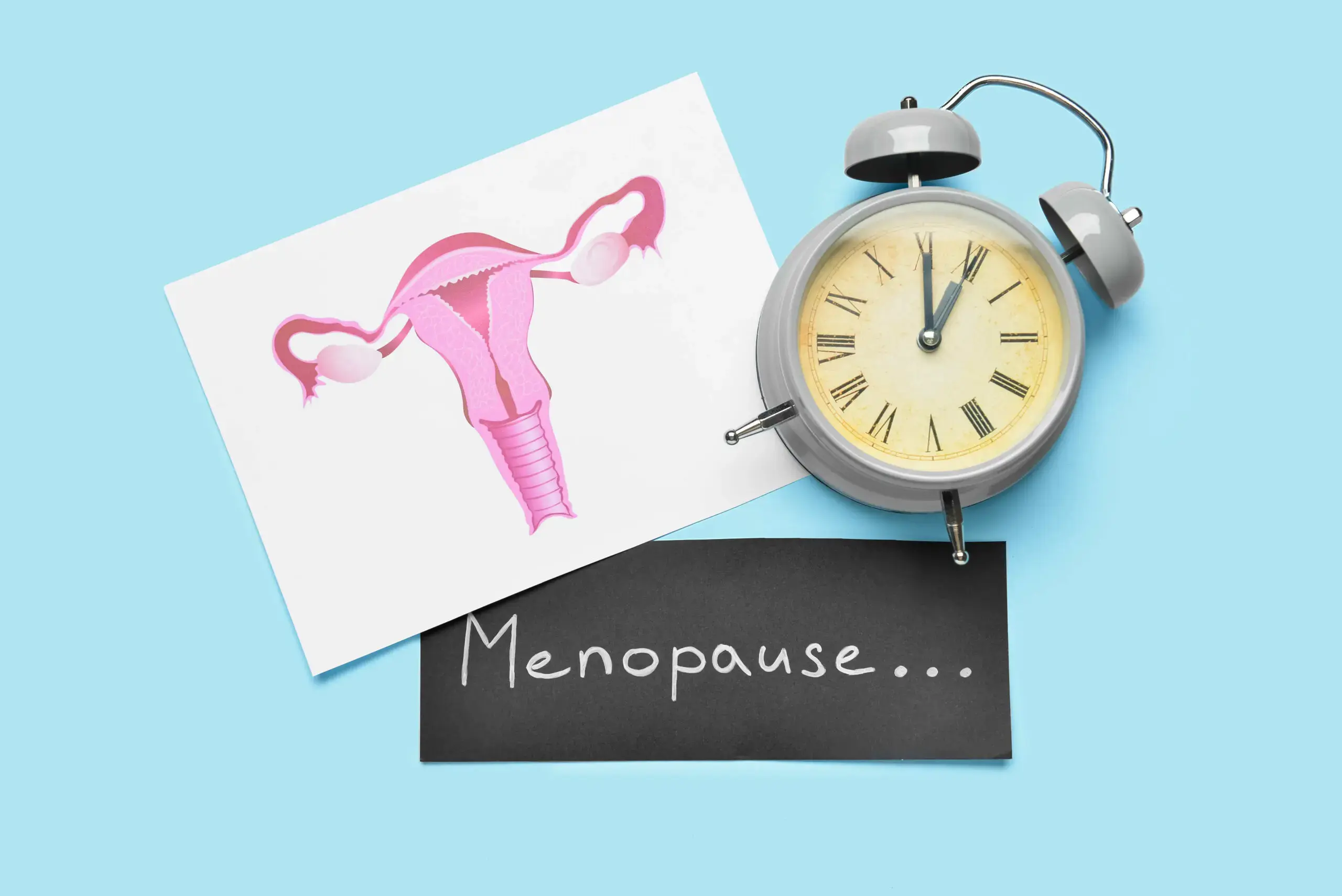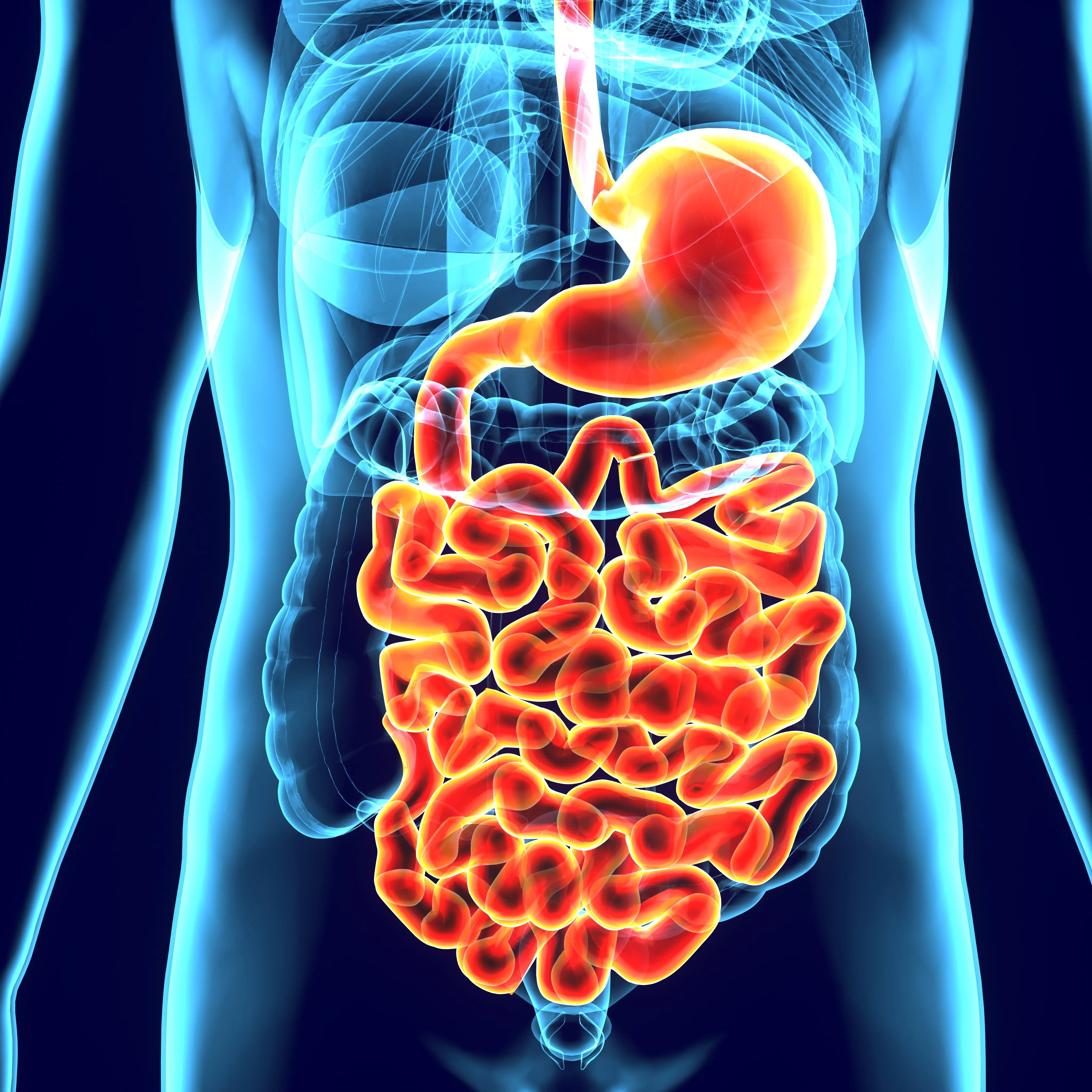Around 40, most women may start experiencing the first symptoms of menopause . These include hot flashes, bladder weakness, palpitations, sleep disturbances, and depression . What helps against these complaints and what can we do ourselves to positively influence our health and get through this phase well?
Susanne Liedtke, a nutrition expert and founder of NOBODYTOLDME , a platform for women (not just) in their Menopause and gynecologist Dr. Christina Enzmann, who has been working and researching in the USA since 2003, have written a very open and informative book. An important lever, for example, lies in nutrition.
Her book is called "Somebody told me" – with whom or where did you find out what it means to enter menopause?
Dr. Christina Enzmann: I am not only a gynecologist but also a member of the North American Menopause Society, so I see patients daily and am deeply involved in the topic.
Why is menopause still often a taboo subject?
Susanne Liedtke: Menopause is associated with the decline in fertility, aging, and the supposed fading of women's beauty. Suddenly there are wrinkles, a few gray hairs, and curves where there was once a slim waist.
In our Western-influenced society, this is viewed very negatively. This is also evidenced by the fact that we buy "anti-aging" products. We all want to grow old, but no one wants to feel old or be perceived as old by others. In the food industry, we are confronted with this for the first time in our own bodies.
If the common beauty ideal corresponds to a youthful body with perfect measurements and aging has never been considered a gain in society, why should we be happy to come out about it? So we simply don't talk about it.
What role does nutrition play in menopause and how should we adjust it to feel better?
Susanne Liedtke: Nutrition is the most underestimated lever for women in menopause, it is certainly not the only one, but nutrition plays an important role. If we eat in such a way that our blood sugar level is stable, our microbiome is healthy, and silent inflammations are contained or do not occur at all, then this is a great support for this phase of life.
"We advise to greatly restrict sugary foods"
We therefore recommend eating 500 grams of vegetables daily, fiber- and protein-rich legumes, fruits, nuts, seeds, spices, pseudograins, and oats. And we advise to greatly restrict sugary foods, animal fats as found in sausages and cheese, baked goods and pasta made from white flours, fried foods, and alcohol.



















_1500x2250_150_RGB-2.webp)